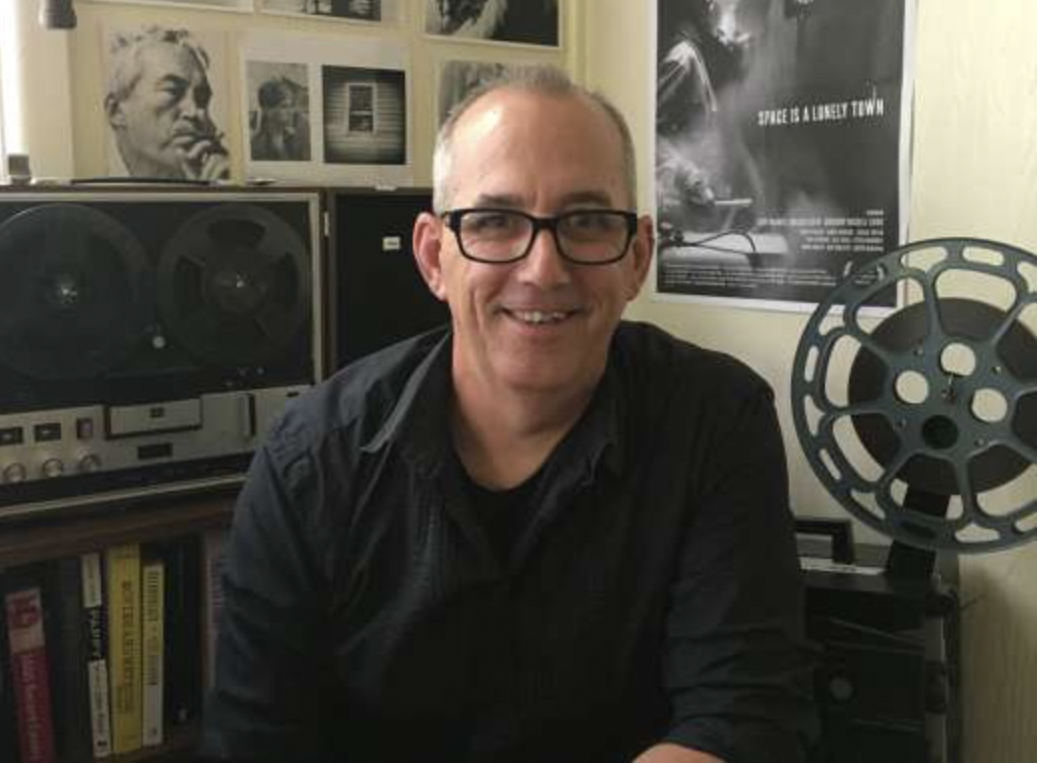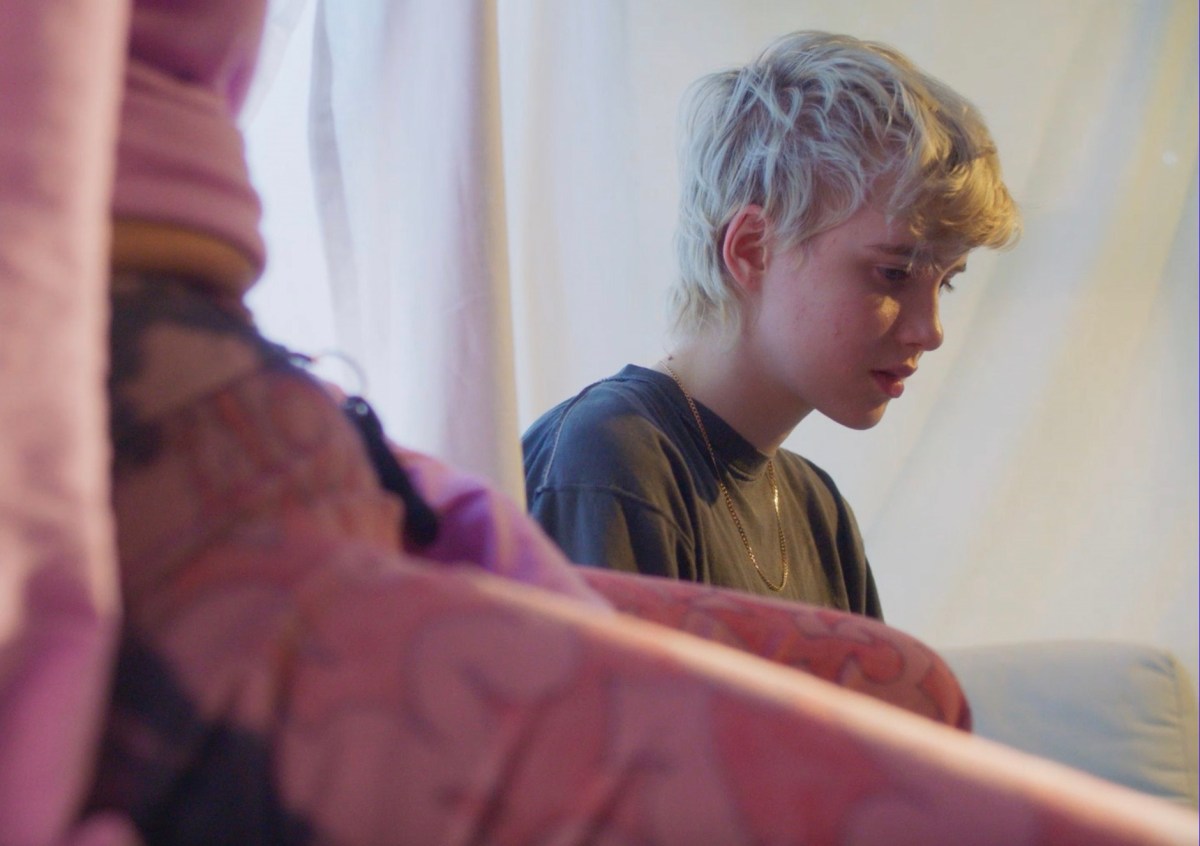Australia hosts a multitude of festivals dedicated entirely to short films, while major annual events such as Melbourne International Film Festival and the Sydney Film Festival run significant short programs and competitions.
I caught up with artistic directors Chris Luscri (ReelGood) and Richard Sowada (St Kilda Film Festival), and festival programmers Emily Avila (Heart of Gold) and Mia Falstein-Rush (MIFF), to discuss the importance of making and showcasing short films.
Read: Australian Film Festivals Guide 2024
A training ground
Many of the great Australian New Wave film directors cut their teeth with shorts, not least Gillian Armstrong, whose 52-minute The Singer and the Dancer premiered in 1976 at the Sydney Film Festival and won the Greater Union Award for Best Narrative Film – an important stepping stone for the director who would go on to make My Brilliant Career in 1979.
More recently, Justin Kurzel, David Michôd, Taika Waititi and Sophie Hyde all took part early in their careers in the Melbourne Film Festival’s MIFF Accelerator Lab, a program dedicated to short-film directors, before going on to direct prominent features.
But what about now, in this era of changing audience habits?
The Covid effect
Speaking with programmers and directors, the conversation inescapably turns to the pandemic – a crisis that coincided with an increase in short-film creativity and output. At first glance, this might seem counterintuitive.
The pandemic created a devastating interruption to the Australian film and TV industries, and yet the 2021/22 Australian Bureau of Statistics’ Film, TV and Digital Games Survey Results reported a 152% boost in short-film production since 2015/16.
In short: the pandemic and lockdowns blocked the exhibition pipeline but they also meant filmmakers could explore new ideas.
Richard Sowada has been the director the St Kilda Film Festival since 2019. Much of the content we are now watching was devised and written during the lockdowns, he says, adding that, when short film directors were discussing their films during Q&As at the this year’s festival, ‘probably 80 or 90%’ said their projects began in lockdown.

Last month’s iteration of the festival received around 100 more short-film entries than the 2023 event. ‘Covid might have smashed the industry then,’ Sowada says. ‘But now all these films are coming out.
‘The experimental films have never been better and more diverse. I’ve never seen as many short First Nations films as I saw this year. You put them all together and you can see a critical mass there that doesn’t exist in the commercial sector.’
The social aspect
Chris Luscri has been the director of Melbourne’s ReelGood Film Festival (RGFF) since last year and says short-film festivals have an evolving role to play in providing real-life premieres for films before they go online. ‘In 2018 or 2019, your film would go on the festival circuit, and if it was really successful it might play 40 to 50 film festivals and then go into its secondary release,’ he says.
‘But now the film festival is almost like a launching pad for the film’s online release’.
Heart of Gold
‘Community’ is a word that crops up frequently with short-film festival directors, including with Emily Avila of the Heart of Gold International Short Film Festival, Australia’s biggest regional short film festival, based in Gympie, Queensland.
The primary audience, Avila says, are people who aren’t from metropolitan areas and who have a more limited access to films and film culture. There are lots of school teachers, farmers and retirees, and programming involves ‘three or four groups [of] about 30 to 40 people [who] gather together on a weekly basis to watch the films and grade them on all sorts of scales,’ meaning filmmakers ‘get reactions from people who are unlikely to have watched the film otherwise’.

MIFF Shorts as a career accelerator
MIFF Accelerator Lab selects up to 20 early-career short-film directors to participate in workshops with seasoned filmmakers over four days. There are screenings, seminars and networking events covering the business and creative aspects of the industry.
‘It seems like every cohort that goes through becomes like a little mini generation of filmmakers,’ says Mia Falstein-Rush, MIFF’s program manager, who emphasises the importance of short films to the festival. ‘I think [shorts are] a really integral part. If that part of the program dropped out, it would be an extreme detriment to the entire program.’
Nimble, career-building and community-minded: it’s no wonder that short films and the festivals promoting them continue to thrive.
